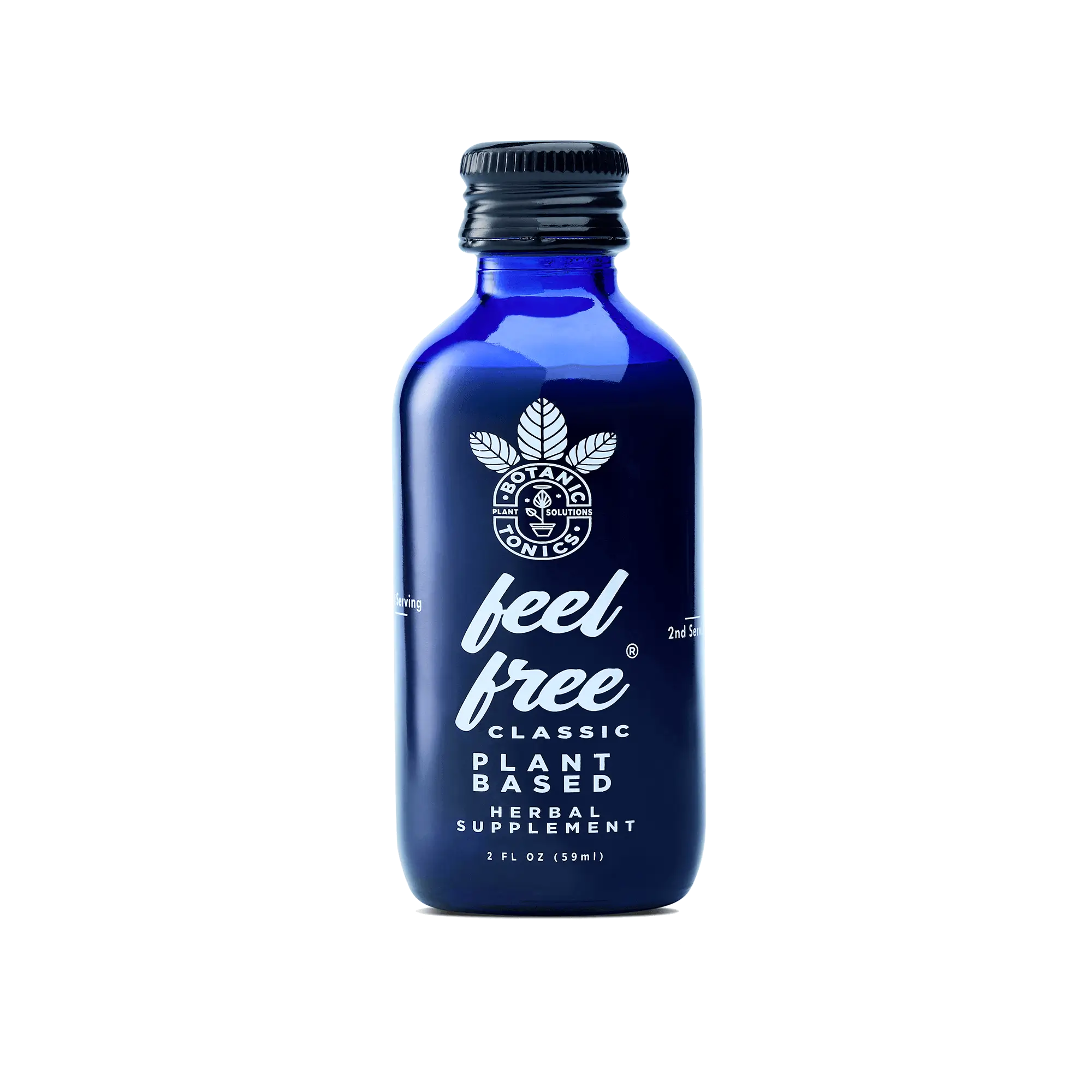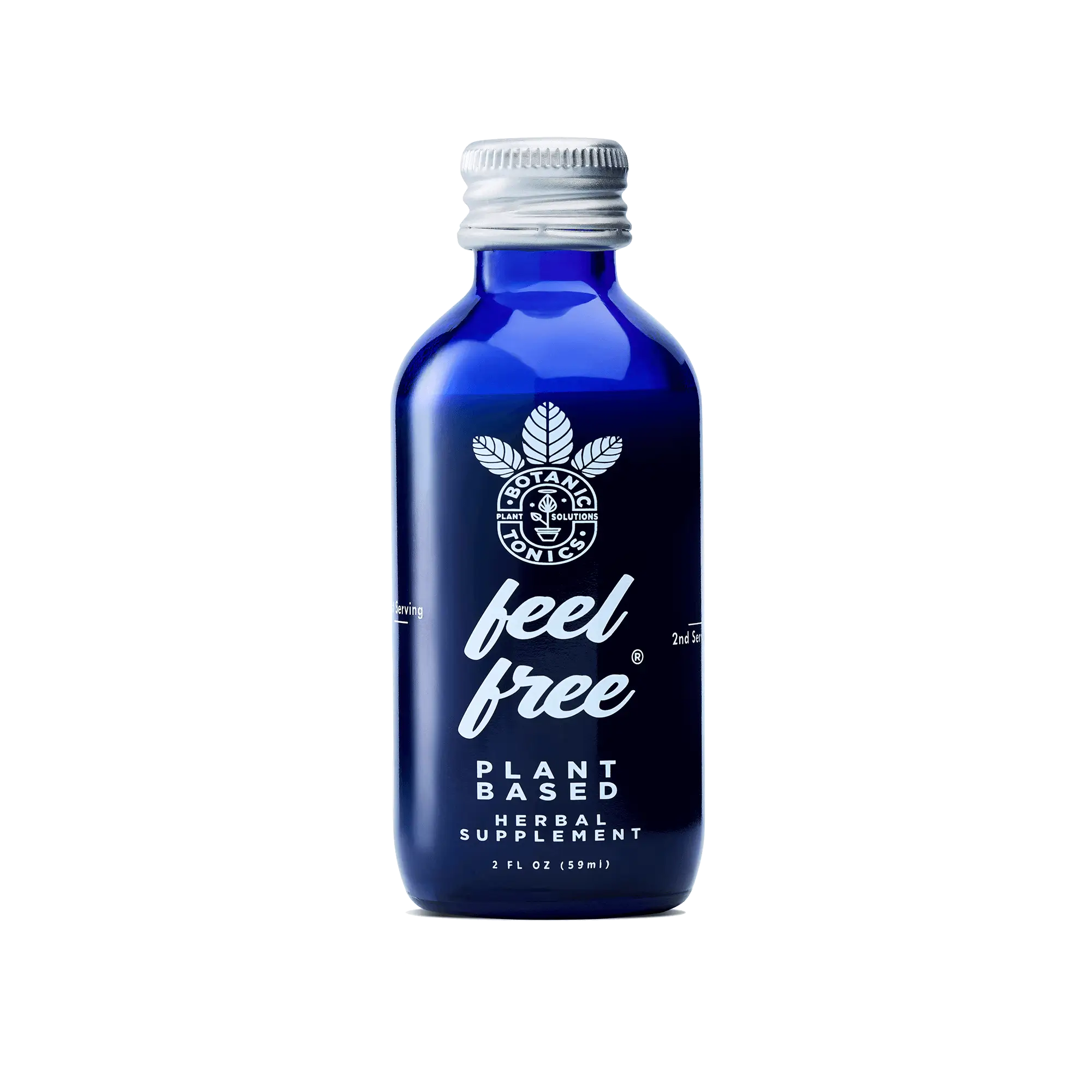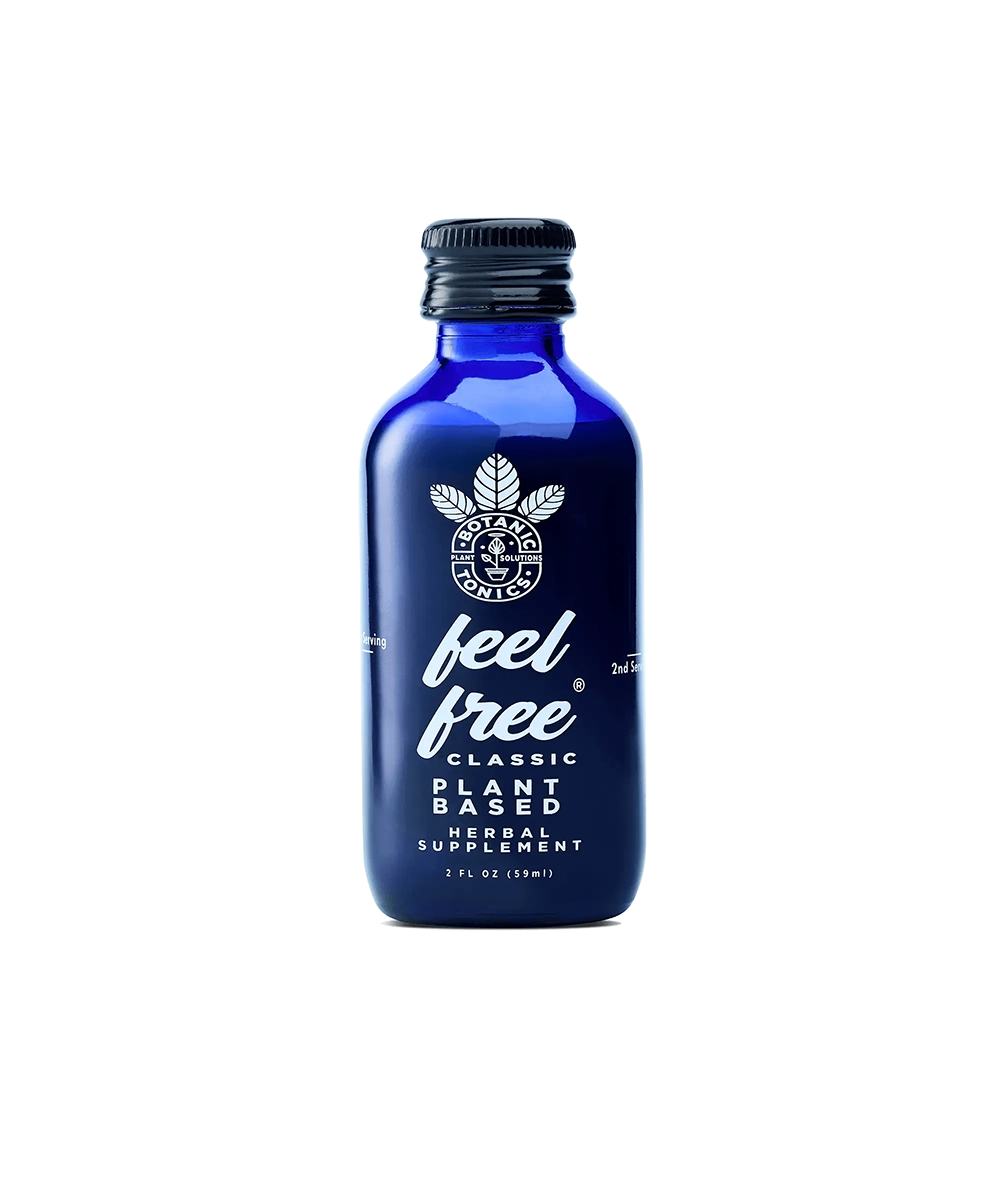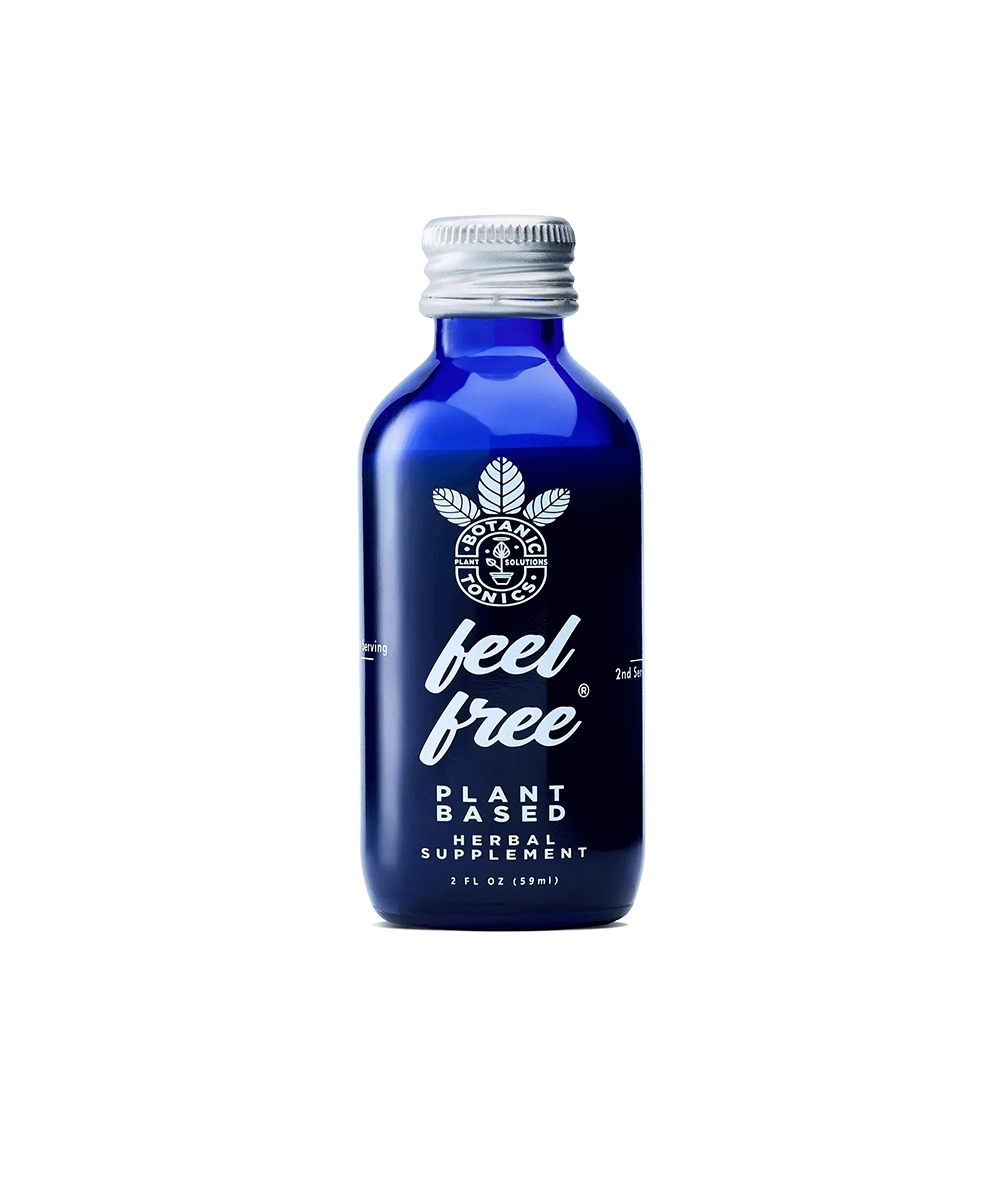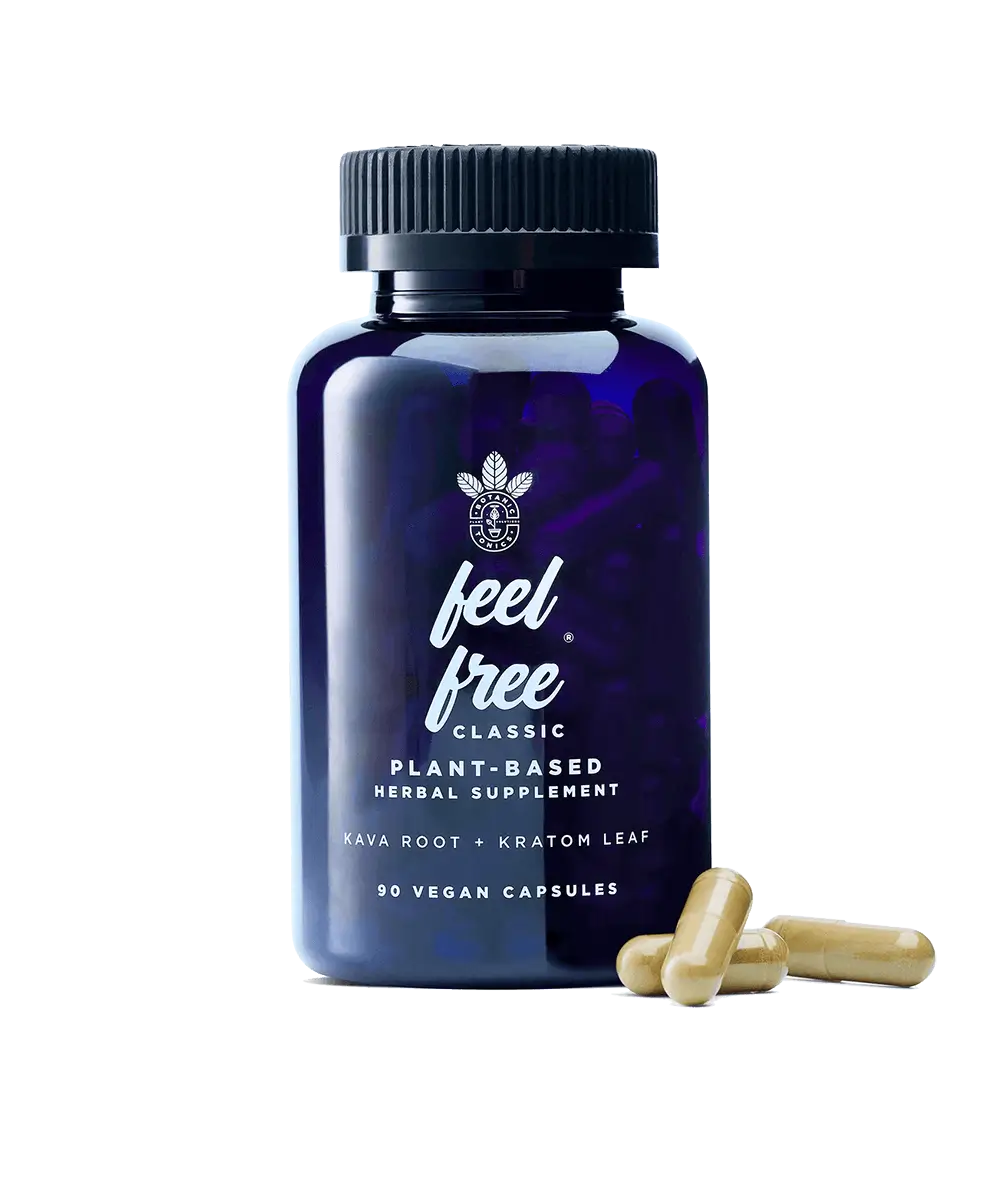Maximizing focus and concentration during your daily tasks, whether that be with work, physical activity, or personal hobbies, can help you to be more present in each of those while also maximizing efficiency. By being present in all of your daily activities, you can get more enjoyment and fulfillment from each, while being more efficient with your productivity can allow you to gain back a couple of hours in your day, allowing you to achieve your goals faster, and hopefully even achieve more of your goals during any set period of time!
Below, we’ll explore our favorite natural ways to increase focus and concentration.
The Science Behind Focus and Concentration
The concept of mental focus may seem simple on the surface, but the science behind it is actually quite complex! Your brain has what’s known as an attentional system, which includes regions located in almost every lobe of your brain and can be activated in different areas depending on the type of information you are intaking. Part of this system also involves a number of neurotransmitters such as acetylcholine, dopamine, and norepinephrine, which make sure you can focus your attention in the right spots despite any unwanted distractions that are competing for your brain’s resources at that time.
AcetylcholineAlso known as ACh, Acetylcholine is an important neurochemical for paying attention, learning, and memory. ACh acts through two receptors enhancing focus by modulating neural activity across the sensory, prefrontal, and parietal regions of your brain. This neurotransmitter works in the sensory region by focusing your visual receptive field, in the parietal region by enhancing your ability to orient, and reorient, your attention towards a point of interest, and in your prefrontal cortex by increasing your ability to sustain focus over time.[1]
DopamineDopamine, or the happiness chemical, actually plays a pivotal role in both attention and focus. By using your past experiences stored in your brain, dopamine helps you to pay attention and shift your focus flexibly and appropriately based on learned information.[1] With lower levels of dopamine, you would be left wasting your time analyzing irrelevant information.
NorepinephrineSimilar in structure to adrenaline, norepinephrine is a neurotransmitter involved in wakefulness, memory, alertness, and readying the brain and body for a challenge. For example, this neurotransmitter activates the ACh cells and inhibits sleep-promoting cells in order to increase brain arousal, which typically leads to improved cognitive functioning.[1]
Gamma-aminobutyric AcidAlso known as GABA, this neurotransmitter is a chemical messenger in your brain that is known to slow down your brain by blocking certain signals in your central nervous system. Because of this, it can produce a calming effect and is thought to play a major role in minimizing nerve cell hyperactivity associated with anxiety, stress, and fear.[2] Minimizing these feelings can also help to allow for more space for focus without the distractions that anxiety or stress can bring.
While your brain naturally produces these neurotransmitters, there are many lifestyle aspects that can also have an effect here. Your diet, physical activity, alcohol consumption, and sleep are some of the primary factors that could be inhibiting, or improving, your cognitive performance based on the effects they have on these neurotransmitters.
1. Kava for Mental Clarity and Brain Function
There are many natural remedies that can aid in focus and concentration, the most popular one being caffeine, due to its ability to increase brain activity of the neurotransmitters dopamine and norepinephrine.[3] Similarly, kava is another natural supplement that can be a great focus enhancer. Kava root contains the active ingredient kavalactones, which can actually block the reuptake of norepinephrine, helping to increase alertness.[4,5] While kavalactones’ effect on dopamine is relatively inconsistent, it does cause levels to increase in some parts of the brain as well.[5] Lastly, kavalactones are known to facilitate the functioning of GABA A receptors which increases GABA activity, helping to produce a sense of calm.[5]
As with any other natural supplements, it is important to be aware of dosage and potential side effects. If you choose to enjoy kava as a focus enhancer, an effective dose will most likely fall between 70-250 mg of kavalactones, but you should be careful to not exceed the recommended daily maximum of 250 mg.[6] Kava supplements typically display kavalactones in milligrams or as a percentage, so if you see a percentage, you will want to calculate the milligrams yourself or read the packaging carefully for the recommended serving size.
Although kava has some amazing benefits, it is important to understand the potential adverse effects of consuming kava such as [7]:
- Headaches
- Dizziness
- Stomach Aches
- Fatigue
- Liver toxicity (primarily when mixed with other drugs)
To minimize the risk of liver toxicity, it is advised to avoid taking kava if you are prescribed any of the following types of medications [8]:
- Anticonvulsants
- Phenothiazine
- Diuretics
- Anti-anxiety medications
- Medications metabolized by the liver
Additionally, do not consume kava if you [8]:
- Have liver problems
- Are pregnant or breastfeeding
- Are under the influence of alcohol
2. Dietary Changes
Diet can also play a major role in brain cognition, so when you consistently eat the right foods, there’s a high probability that will come with a side of focus! To boost your neurotransmitters, try to incorporate more complex carbs, include a high-quality protein with every meal, eat lots of fresh green veggies, and always eat a well-balanced breakfast.
Here is a list of specific foods that can give your brain an extra boost [9]:
- Water, green tea, herbal teas
- Nuts & seeds
- Avocado, olive oil, coconut oil, omega-3 fatty acids
- Fresh fruits (especially berries) & veggies
- Fish and other high-quality proteins
There are also many foods to avoid for better cognitive function [9]:
- Soda
- Artificial Sweeteners
- Processed foods and refined carbs like chips, cookies, pastries, candy
- Poor quality fats (canola oil, hydrogenated oil)
- Processed lunch meat
3. Supplementation
While simple alterations to your daily diet can be extremely effective in promoting cognitive brain health, there are numerous other nootropics or adaptogen herbal supplements that can relieve occasional stress and improve brain health. Adaptogen herbs such as ashwagandha, rhodiola, schizandra, cordyceps support adrenal function, which counteracts the adverse effects of stress.[9] Supplements like Botanic Tonics’ feel free kava tonic often include these nootropics for additional benefits.
4. Mindfulness and Meditation
Mindfulness and meditation are other natural ways to increase focus by giving your brain the time and mental space to work through thoughts and emotions, which can help minimize related distractions during your other daily tasks. Some simple ways to practice mindfulness include mindful breathing exercises, active meditation (such as yoga), or gratitude journaling. Practicing mindfulness doesn’t have to take too long, either — quick mindfulness exercises can benefit your body, brain, and relationships. By giving yourself time to calm your mind and reflect on your thoughts, you can benefit from a clear mind during your work, hobbies, or other workouts!
5. Physical Exercise
Along with dietary habits and natural supplements, physical exercise is another critical factor affecting focus and concentration. While all physical exercise is great for mental and physical health, cardio is especially great for releasing neurotransmitters, including endorphins and dopamine, which as we know, dopamine levels can directly impact your ability to focus.[10] Cardio also increases oxygen supply to the brain which helps improve working memory and flexible thinking.[10] Lastly, a healthy physical exercise routine is extremely effective in promoting a healthy sleep schedule, and with improved sleep comes improved focus.
6. Sleep Hygiene
Unfortunately, you could be doing everything else in your routine correctly, but if you’re not sleeping enough, you might as well say goodbye to any hopes of enhanced focus and concentration. Sleep scientists have found that sleep deprivation leads to lower alertness and concentration, making it far harder to focus and pay attention.[11] Sleepiness also impairs decision making, logical reasoning, and complex thinking, which is even more damaging to concentration.[11] You may find your attention span and cognitive performance improve simply by getting a restful sleep. But if getting a good night's rest is something you struggle with, herbal supplements such as kava can improve the quality of your sleep without the brain fog.
Support your Brain Function and Improve your Mental Focus Naturally
There are many natural ways to improve focus and concentration, ranging from diet, supplements, physical exercise, and sleep. By focusing on a diet and activities that increase the neurotransmitters related to attention, you can benefit from faster thinking, improved focus and concentration concentration, and increased mental flexibility that can make your days more efficient and allow you to be more present in each of your tasks. Used for centuries as a natural supplement that can aid in focus and calm your mind, kava is one of the best ways to complement these other efforts to improve your focus!
To try kava as part of your focus routine, visit Botanic Tonics.
Sources:- Dr. Robert Pastore The Neurochemistry of Focus. Power on Power Off 2020 https://poweronpoweroff.com/blogs/longform/the-neurochemistry-of-focus
- Gamma-Aminobutyric Acid (GABA) Cleveland Clinic 2022 https://my.clevelandclinic.org/health/articles/22857-gamma-aminobutyric-acid-gaba
- How caffeine affects the central nervous system Phsyc Central https://psychcentral.com/blog/caffeines-effects-on-your-thinking#central-nervous-system
- Toxicology cases for the clinical and forensic laboratory: Chapter 19.1 - Toxicity due to kava tea consumption in conjunction with alcohol and multiple antidepressants https://www.sciencedirect.com/topics/pharmacology-toxicology-and-pharmaceutical-science/kavalactones
- Nutritional and Herbal Therapies for Children and Adolescents A Handbook for Mental Health Clinicians 2010 https://www.sciencedirect.com/topics/neuroscience/kavalactones
- Kava Kava: Benefits, Side Effects and Dosage. Healthline https://www.healthline.com/nutrition/kava-kava#TOC_TITLE_HDR_6
- Dr. Robert Ashley, MD Ask the Doctors - What are the risks and benefits of kava? UCLA Health https://www.uclahealth.org/news/ask-the-doctors-what-are-the-risks-and-benefits-of-kava
- Mount Sinai. Kava kava. https://www.mountsinai.org/health-library/herb/kava-kava
- Barbra Cohn Nutritional Support for Caregivers: Prevent burnout with delicious, healthy foods and stress-reducing habits. https://www.alz.org/media/co/documents/nutritional-support-for-caregivers-handout-2.pdf
- Exercise and the Brain: The Mental Health Benefits of Exercise Healthline https://www.healthline.com/health/depression/exercise#What-are-the-mental-health-benefits-of-exercise
- Camille Peri et al. What Lack of Sleep Does to Your Mind WebMD 2021 https://www.webmd.com/sleep-disorders/features/emotions-cognitive
